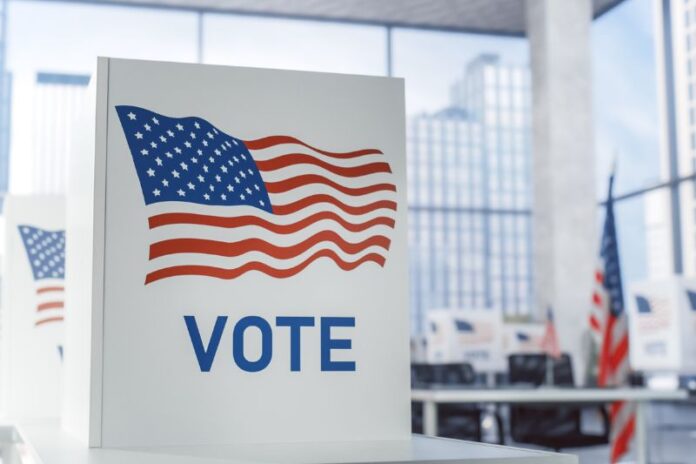We are tested in times of adversity and danger, not when running victory laps.
Former President Donald Trump, currently de facto Republican candidate for the 2024 presidential election, is no exception.
On Saturday, a miracle saved Mr. Trump’s life from a 20-year-old would-be assassin’s bullet that hit his upper right ear. Mr. Trump remained unflustered and calm but perhaps a bit too gladiatorial in clenching his fist and shouting “fight, fight” rather than “vote, vote.”
Mr. Trump exhibited concerns beyond himself. He extended thanks to law enforcement and condolences to the families of the attendees who were shot and killed or injured. His gracious response was in the same classic league as Teddy Roosevelt’s fearless taking of a bullet during his 1912 presidential campaign without interrupting his speech and President Ronald Reagan’s dismissal of John Hinckley’s assassination attempt with, “Honey, I forgot to duck.”
What comes next will be more important. Never let a political turning point go to waste.
Trump should display magnanimity, not malignity. He should open a new chapter in our politics featuring unity and peace in lieu of division and violence. Mr. Trump should echo Jesus (Matthew 12:22-28): “Every kingdom divided against itself is brought to desolation, and every city or house divided against itself will not stand.” He should instruct his MAGA followers to respond to his political adversaries or enemies by following the gospel of Jesus’ Sermon on the Mount: “You have heard that it was said, ‘Eye for eye, and tooth for tooth.’ But I tell you, do not resist an evil person. If anyone slaps you on the right cheek, turn to them the other cheek also.”
Mr. Trump should invite President Joe Biden to jointly address the Republican National Convention in order for both candidates to pledge unwavering fealty to the cornerstones of the American republic: the peaceful transfer of presidential power; scrupulous respect for election results, including judicial adjudication of election disputes; affirming the rule of law as king and rejecting the king as law; endorsing President Thomas Jefferson’s first inaugural address, “Every difference of opinion is not a difference of principle. We have called by different names brethren of the same principle. We are all Republicans, we are all Federalists”; and making the lead banner of both the Trump and Biden campaigns, “With malice towards none and charity for all,” quoting from President Abraham Lincoln’s second inaugural address.
Is such a reconciliation between bitter political enemies a pipe dream? Jefferson and John Adams reconciled after a period of harsh political differences.
Would this olive branch from Trump be politically suicidal or risky? Possibly. A material portion of Trump’s MAGA base might deem any fraternizing with Biden treasonous. But where would they go? Not to Biden. Some might sit out the election. But others might be electrified by Trump’s embrace of Jesus. Additionally, Trump’s Lincolnesque magnanimity might attract moderate, centrist voters in battleground states who are alienated by the far right and far left. Reagan swerved from the hard right to the center and decisively won twin presidential races. During an earlier California gubernatorial campaign, Mr. Reagan admonished that talk “in America of left and right” was “disruptive talk, dividing us down the center.”
The United States eclipses any one man or woman. Even if Trump’s statesmanship would cause him to lose the 2024 election, the nation would be better off for having heard his words of unity, peace and magnanimity.
Finally, Trump should initiate reconciliation with Mr. Biden at the RNC in prime time because it’s the right thing to do for the country. He should be inspired by the sentiments of Kentucky’s celebrated statesman Henry Clay: “I’d rather be right than be president.”
Will Trump prove big enough to change his spots like Scrooge in “A Christmas Carol”? We will know soon enough.






























